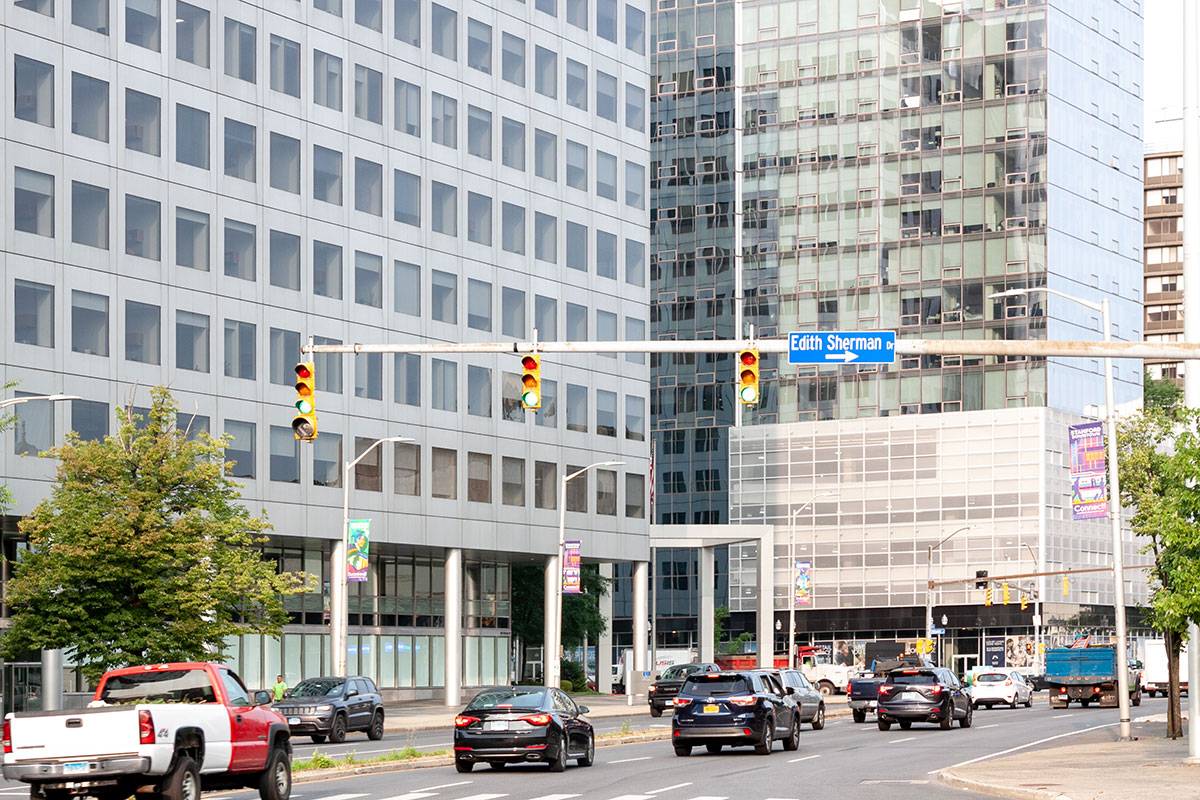Answers to commonly asked questions about choosing and registering a successful business name.
What’s Below:
Should I rent or buy space for my business?
How do I pick a location for my business?
What is a commercial lease?
Are commercial lease terms negotiable?
How do I determine if the location I want is properly zoned for my business?
Should I rent or buy space for my business?
Almost all small businesses start out in leased (rented) premises, and most use leased space throughout the life of the business. By leasing rather than buying, you avoid tying up valuable working capital, and it’s easier to move to new quarters if your space needs change.
How do I pick a location for my business?
Commercial real estate brokers are fond of saying that the three most important factors in establishing a business are location, location and location. While true for some businesses, for others, locating in a popular, high-cost area may be a mistake. To make sure your space will suit the financial and physical needs of your business, ask yourself these questions:
- Is location important for the success of your business?
- What type of location is best for your business?
- How much rent can you afford?
- Is your proposed location appropriate for what you plan to do there?
What is a commercial lease?
A commercial lease — as opposed to a residential lease — is a contract between a business and a landlord for the rental of building space. A lease can be for a short term (as little as one month) or long term (up to ten or 15 years), and it can be written or oral (spoken) — although an oral lease for more than a year will generally not be enforced by a judge after the first year.
Are commercial lease terms negotiable?
Most landlords start out asking for lease terms that aren’t in a business owner’s best interest, but they are almost always willing to make concessions. Of course, your bargaining power depends on your local rental market — if the market is tight, you won’t have a lot of leverage.
Even when the rent isn’t negotiable, your landlord may agree to limit annual rent increases and possibly pay for utilities, repairs, taxes and insurance. You might also be able to negotiate a shorter lease term, perhaps with one or two options to renew the lease, and the authority to sublease or assign the space. Finally, landlords are often willing to pay for necessary improvements to the building before you move in, especially if you’re agree to sign a long-term lease.
How do I determine if the location I want is properly zoned for my business?
First, you’ll need to check your local zoning ordinances. These laws allow certain types of businesses to occupy different areas of a city or county — most cities have residential, commercial, industrial and mixed-use neighborhoods.
Next you’ll need to find out whether any other legal restrictions will affect your operations. For example, some cities limit the number of certain types of business — such as fast food restaurants or coffee bars — in certain areas, and others require that a business provide off-street parking, close early on weeknights, and keep advertising signs to a minimum. Many cities have business development offices that help small business owners understand and cope with the various restrictions.
To learn more about zoning laws and how to comply with them, read Pick a Legal Location and Avoid Zoning Trouble.










